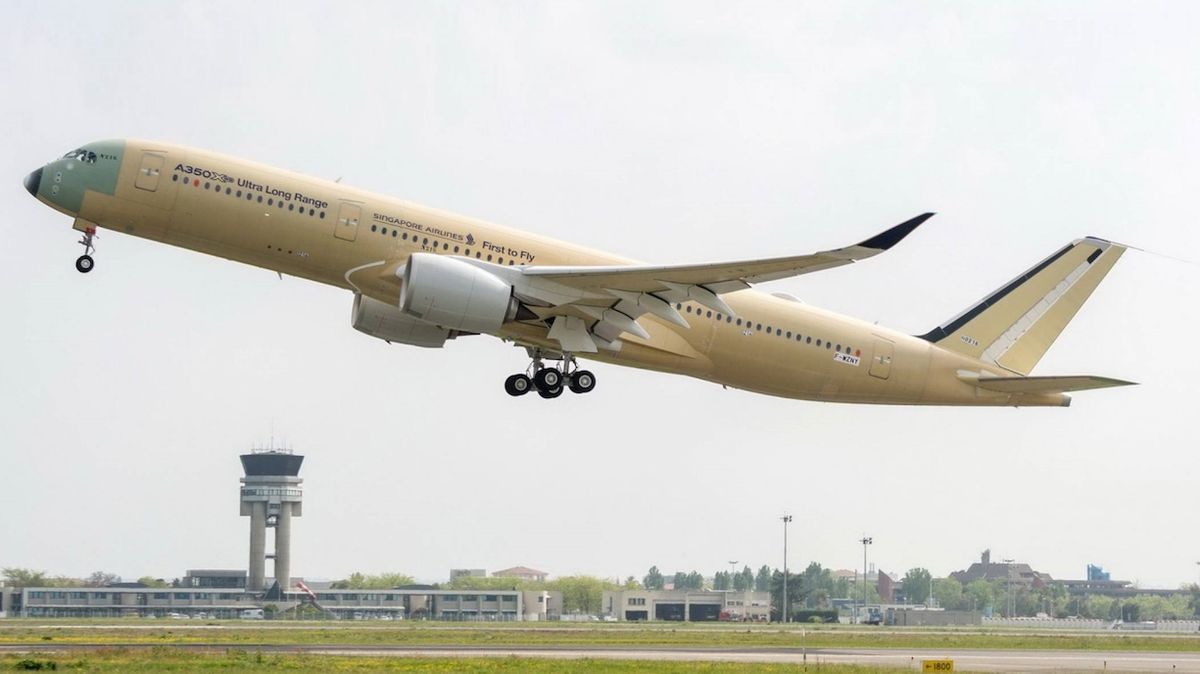Bikek is the only capital city in Central Asia to retain its district names from the Soviet era, including the Lenin district. Therefore, it is not surprising that the Kyrgyz legislator and city councilor in Bikek proposed giving the district a new name.
These calls, however, angered politicians in Moscow, who compared the name change to an alarming first step towards a painfully slow negative process that, in their opinion, must be stopped. He wants Kyrgyzstan to keep its Soviet name, pe Europe Free Radio.
Bikek concludes that the district and all of them retain their names from the communist era: the Lenin and Sverdlov towers (named after Soviet politicians), the Prvnho mije tower, and the Jnov tower (the anniversary of the Bolshevik revolution).
Kyrgyz politicians claim that the district’s name has become morally obsolete, and have proposed giving it a Kyrgyz district name.
At the end of last November, the speaker of the DPR, Nurlanbek Akiyev, said that there are still many cities, villages and districts in Kyrgyzstan that bear foreign names. Akiyev said the names should be changed to Russian to support the national language, namely Kyrgyz.
Akiyev said that every Kyrgyz citizen, whose routine is very different, should know the Kyrgyz language. In an apparent attack on ethnic Kyrgyz, who use routine in their daily lives, he suggested Kyrgyz should speak to each other in their mother tongue.
His remarks provoked a sharp reaction in Moscow, and some legislators suggested they were moving toward the Russian language and Russians going to Kyrgyzstan. Russian media has described it as a call to Russify Bikek.
Dmitri Novikov, the first member of the Duma Committee on International Affairs, warned that very negative processes often start small and that it is better to end them as early as possible.
Novikov’s remarks were echoed by senior Russian engineer Svetlana Urov, who stated that removing the Soviet name was the first small step towards full implementation of the routine, which she said was carried out in Ukraine and Georgia.
MP Kamila Talieva told her Russian counterpart on Bikek that any name change is an internal matter of Kyrgyzstan. Therefore, Talieva stated that routine in Kyrgyzstan is a popular city, it is also widely used as the official language of the country.
Thus, he called on Russian law enforcement officers to refrain from baseless accusations that could fuel anti-Russian sentiment and disrupt friendly relations between the two countries.
Routine support
urov suggested that Russian President Vladimir Putin could stop by and discuss the matter with his Kyrgyz counterpart, Sadyr Aparov.
This is not the first time Putin has been implicated in betrayal of the role of the Russian language in Kyrgyzstan.
At the 15th meeting, Putin paid tribute to Aparov’s support of the Russian language in Kyrgyzstan and praised the country for opening nine Russian schools and hiring a teacher from Russia for its educational institutions.
Putin explained that his country’s support for Russia forms the basis for the development of bilateral relations in many other areas. he said that Russia is a key partner for Kyrgyzstan in trade and provides significant foreign assistance.
Let’s not ask permission
The reaction of Russian legislators is not extraordinary now, as all former Soviet countries, including Russia, after the collapse of the trade unions more than 30 years ago, changed the names of most geographic areas from the Soviet era.
The capital of Kyrgyzstan, which during the Soviet era was called Frunze, after the Bolshevik scientist Mikhail Frunze, reverted to its original name Bikek after the collapse of the Soviet Union in 1991.
Calls to name districts in Bikek are nothing new. In April, the city council in Bikek proposed replacing the old name with one that reflects the country’s ideology and national identity.
Their proposals included naming the district after prominent Kyrgyz figures, including 10th-century legend Manas, 19th-century politician Baitik Kanai-uulu, and world-renowned writer Inghiz Aitmatov.
Member of Parliament Dastan Bekeev said that of course it was up to Bikek residents and Kyrgyz residents what they wanted to call their neighborhood, but the capital faced much more pressing day-to-day problems.
But we will not give anyone else permission to make such a decision, Bekeev summarizes.

“Tv nerd. Passionate food specialist. Travel practitioner. Web guru. Hardcore zombieaholic. Unapologetic music fanatic.”






